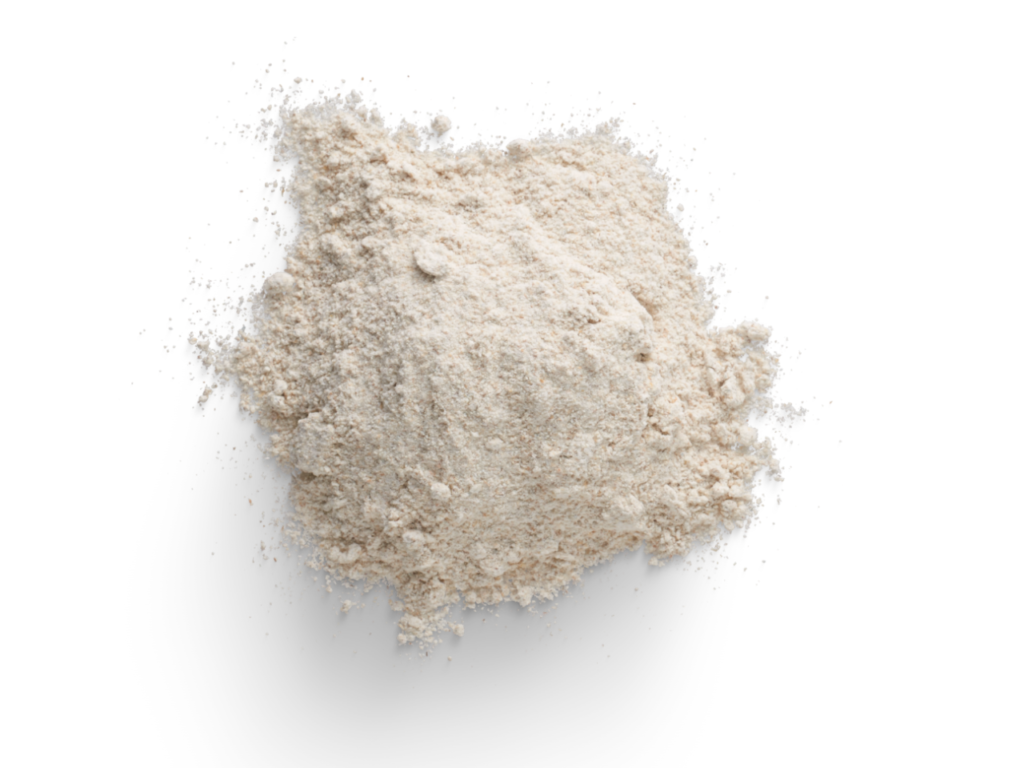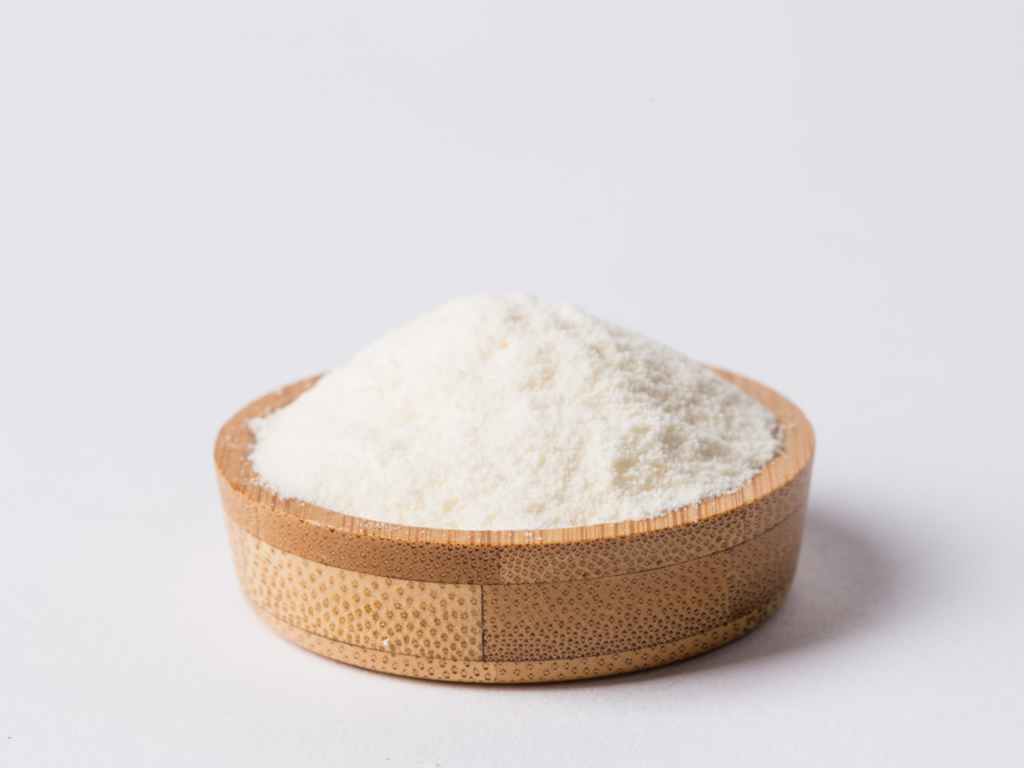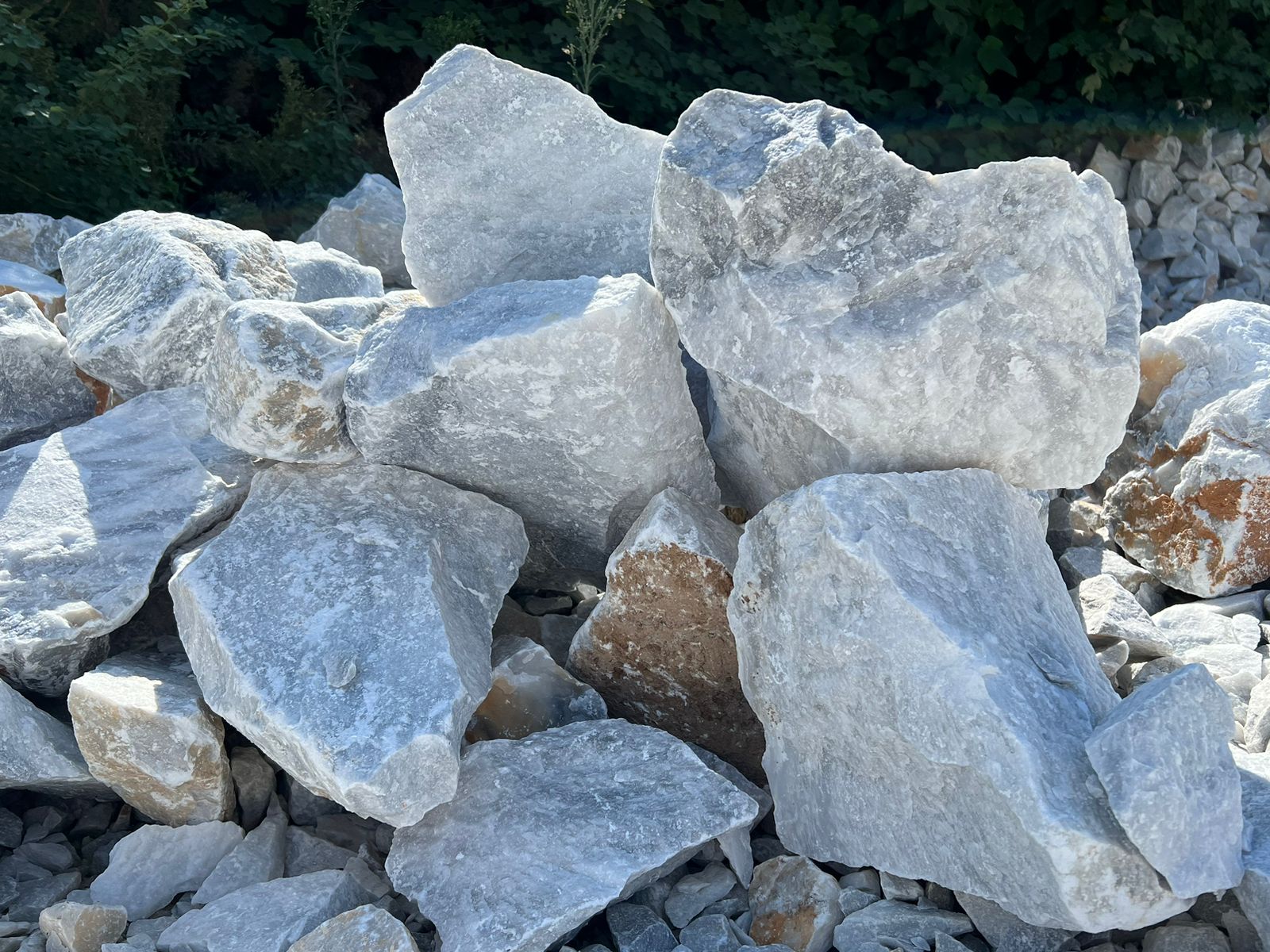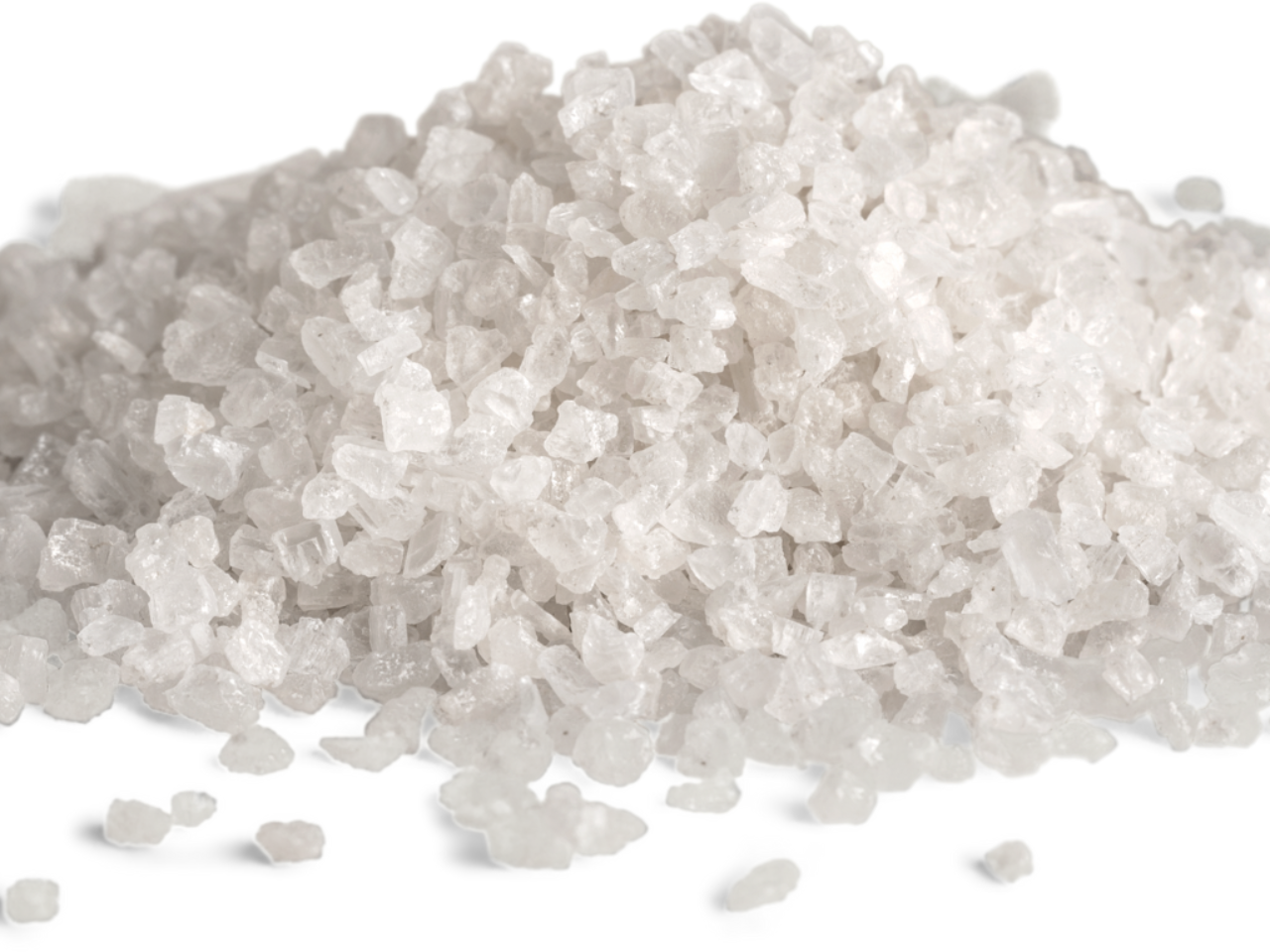What are Industrial Fillers?
Industrial Fillers are the materials that are added to resins or binders such as plastic, concrete, and paper to help improve the properties. Fillers are important to many industries as they allow them to achieve cost optimization and enhance product properties.
The importance of fillers can be understood by the fact that every year, around 53 million tons of fillers are used. The filler-producing companies thus rank high among raw material suppliers.
Industrial fillers are materials that are added to various industrial products to improve their properties and reduce their cost. These materials are typically inert, non-reactive, and have a low cost per unit of volume or weight. Industrial fillers can be added to a wide range of materials, including plastics, rubber, adhesives, coatings, and composites, to enhance their physical properties and improve their processing characteristics.
There are many different types of industrial fillers available, each with its unique properties and applications.


What are the uses of Industrial fillers?
The use of industrial fillers is extensive. From plastic drinking bottles to carpets, many industries rely on fillers for production. Even though the plastic industry is the biggest beneficiary of the fillers often the fillers used by the plastic industry are known as plastic fillers. There are different types of plastics, and thus different types of fillers are used for the production of this plastic.
The most commonly used fillers are powdered nonmetallic minerals and rocks of many different types. These are often termed “mineral filler”. They are added to the desired product to enhance the properties of the product but do not act as reactive or essential components.
What are some of the industrial fillers?
Some common types of industrial fillers include
1. Calcium Carbonate
This is a common filler used in a wide range of applications, including plastics, rubber, and coatings. Calcium carbonate is relatively inexpensive and provides excellent stiffness, impact resistance, and opacity.
2. Talc
Talc is a naturally occurring mineral that is widely used as a filler in plastics, coatings, and adhesives. Talc provides excellent stiffness, impact resistance, and heat resistance, making it ideal for high-performance applications.
3. Glass fibers
Glass fibers are used as fillers in composite materials to improve their strength, stiffness, and resistance to impact and fatigue. Glass fibers are typically added to resins to create fiber-reinforced plastics.
4. Silica
Silica is a common filler used in rubber, coatings, and adhesives to improve their properties. Silica can improve stiffness, tear strength, and abrasion resistance.
5. Carbon black
Carbon black is a widely used filler in rubber products, such as tires, to improve their strength and wear resistance.
Which industries rely on fillers for production?
There are numerous industries that rely on industrial fillers for their production processes. Here are some of the key industries that commonly use industrial fillers:
1. Plastics Industry
Industrial fillers such as calcium carbonate, talc, and glass fibers are commonly used in the plastics industry to improve the strength, stiffness, and durability of plastic products. These fillers can also help to reduce the cost of plastic production by replacing more expensive materials.
2. Rubber Industry
The rubber industry also relies heavily on industrial fillers such as silica, carbon black, and calcium carbonate to improve the properties of rubber products, such as tires, belts, and hoses. These fillers can improve the strength, wear resistance, and processability of rubber products, making them more effective and efficient.
3. Paints and Coatings Industry
Industrial fillers such as silica, calcium carbonate, and talc are commonly used in the paints and coatings industry to improve the properties of these materials. Fillers can help to improve the opacity, durability, and scratch resistance of coatings, making them more effective in protecting surfaces from damage and wear.
4. Adhesives Industry
Industrial fillers are also used in the adhesives industry to improve the properties of these materials. Fillers can improve the strength, viscosity, and durability of adhesives, making them more effective in bonding different materials together.
5. Construction Industry
Industrial fillers such as sand, gravel, and crushed stone are commonly used in the construction industry to produce concrete, which is a key building material. These fillers can improve the strength and durability of concrete, making it more effective in supporting structures and resisting damage from environmental factors.
Conclusion
Overall, the use of industrial fillers is widespread in many different industries, as these materials can provide important benefits such as improved properties, reduced cost, and increased efficiency.
Industrial fillers are important in various industries because they can improve the properties of materials, such as strength, stiffness, impact resistance, and heat resistance, and can also reduce costs by replacing more expensive materials. The use of industrial fillers allows manufacturers to produce high-performance products at a lower cost, making them more competitive in the market.
Want fillers for your industry? Contact us to know which filler is the most suitable for your industry!












